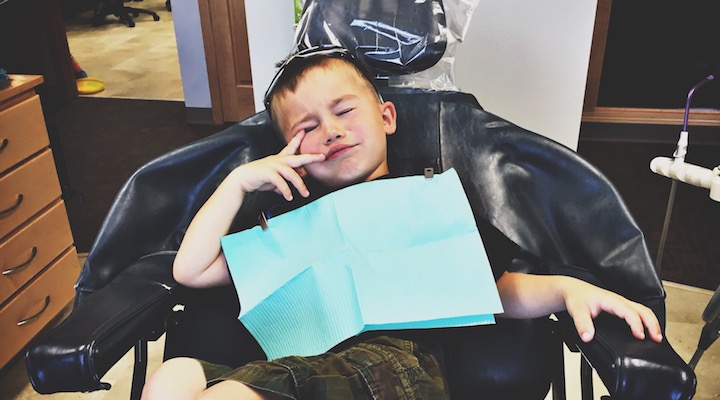Are you one of those people that don’t mind the dentist? Or does fear of the drill bring dread?
Dental anxiety and fear are common. It’s officially called odontophobia, and it affects nearly 30% of the adult population and 43% of children.
But why?
Experiences
Negative experiences in childhood is the most common cause of dental fear. A painful procedure or an unpleasant attitude from a care provider can set you down the path toward fear and anxiety.
Relatives
Our relatives, along with the behaviors and reactions we observed, are powerful predictors of dental anxieties. Your love (or hate) of a dental visit might be because of your parent’s behavior. In fact, mothers who had high levels of anxiety were more likely to have children who reacted negatively to a dental situation.
Regardless of the origins, fear and anxiety can be managed. Try these tips:
1. Go regularly. If you visit the dentist every 6 months for a checkup, your visits will gradually get easier because you’ll feel more comfortable. Plus, your mouth will be healthier.
2. Tell your dentist. You’re not the first anxious patient, and you won’t be the last. Once you tell your dentist about your anxiety, he or she will know the best tactics to put you at ease.
3. Choose the right dentist. Pediatric dentistry is a specialty, not a marketing ploy. If you’re concerned about passing your fear to your child—see a dentist who knows about tiny teeth.


